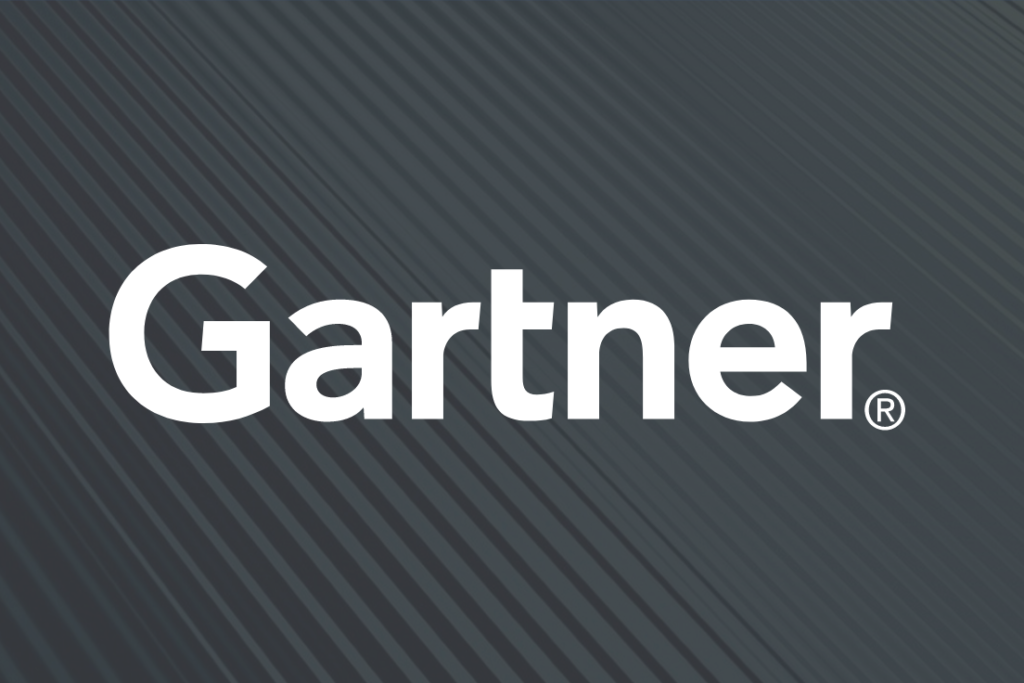What is BCBS 239 and Why Is It Important?
What is BCBS 239 and Why Is It Important? In the rapidly evolving financial landscape, effective risk management has become paramount for banks and financial institutions. BCBS 239, officially titled “Principles for effective risk data aggregation and risk reporting,” is a set of guidelines issued by the Basel Committee on Banking Supervision (BCBS) to enhance […]
What is BCBS 239 and Why Is It Important? Read More »










